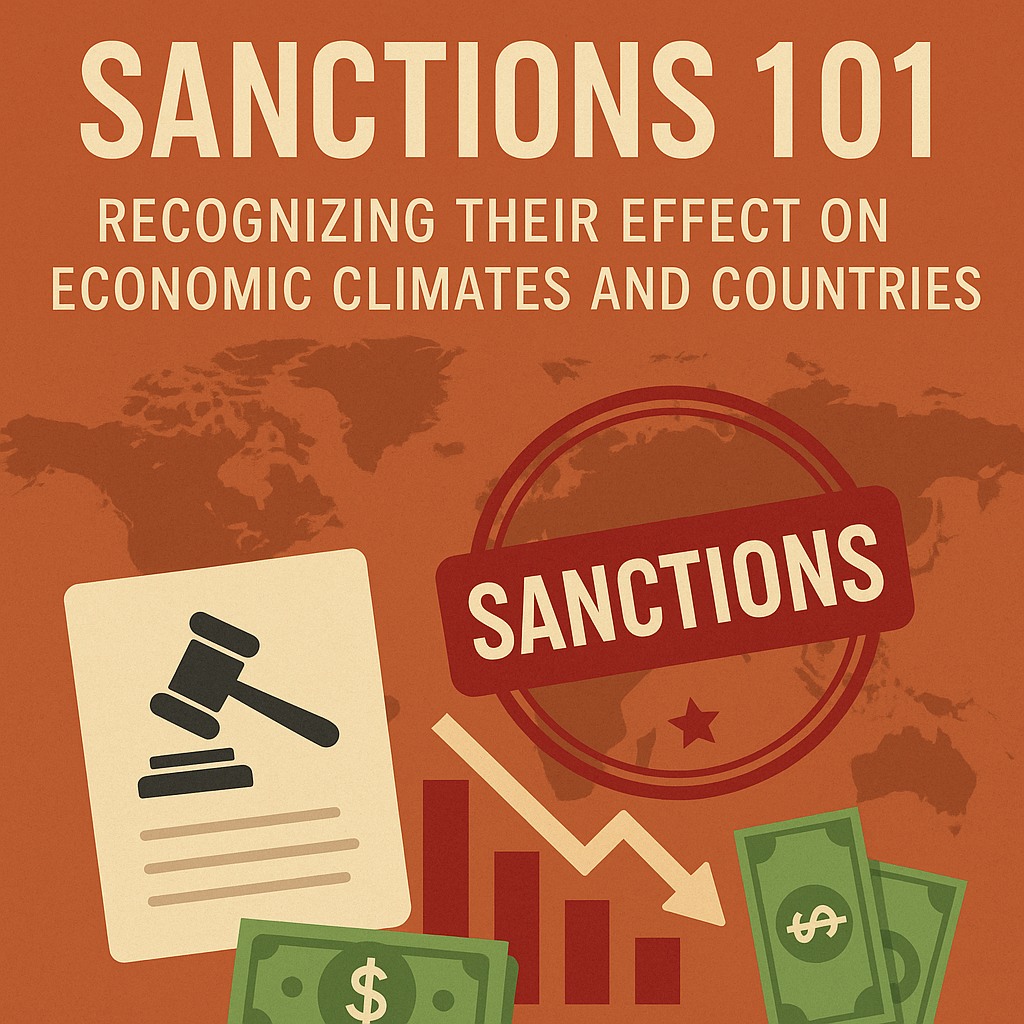Permissions are an important device in international relations, typically utilized by countries to affect the actions of other countries. Comprehending their implications is important for policymakers, organizations, and residents alike.
What are Sanctions?
Assents are coercive actions enforced by one or more nations versus a target country, team, or individual. These steps can take various types, consisting of financial assents, profession limitations, and polite isolation. The primary purpose is usually to oblige conformity with worldwide legislation or to prevent undesirable actions.
Types of Permissions
Economic Sanctions
Economic sanctions limit trade and monetary deals. They can target details markets, such as oil or financial, or apply extensively across an economy. The impacts can be ruining, leading to minimized GDP, inflation, and boosted unemployment.
Diplomatic Sanctions
Polite sanctions involve lowering the level of polite relations, such as expelling mediators or restricting communication in between governments. This can prevent diplomatic settlements and aggravate tensions.
Army Permissions
Military sanctions limit arms sales or military help. These are commonly utilized against nations with aggressive armed forces positions or those breaking civils rights.
Traveling Prohibits
Travel restrictions avoid individuals from going into or transiting via various other countries. These are often targeted at political leaders or significant figures.
Influence of Permissions on Economies
Immediate Economic Impact
Assents can cause instant financial declines. For example, nations like Iran and Venezuela have actually experienced significant financial contractions because of comprehensive sanctions targeting their oil exports.
Long-Term Economic Consequences
Lasting sanctions can stifle development, prevent foreign financial investment, and lead to brain drain as experienced specialists leave trying to find much better possibilities. Nations under sanctions frequently end up being separated, which can inhibit technological improvements.
Sanctions and Humanitarian Impact
While assents aim to target governmental activities, they usually have unexpected consequences on private citizens. Shortages of important items, including food and medicine, can bring about humanitarian crises. Significant cases include Iraq in the 1990 s and even more recent assents on Syria.
Often Asked Concerns (FAQ)
What is the primary objective of enforcing assents?
The main objective of permissions is to influence the behavior of targeted nations, engaging them to comply with worldwide standards and regulations.
Are permissions reliable?
Effectiveness can vary depending on the goals and the certain context. Some permissions result in arrangements and conformity, while others may solidify willpower and intensify problems.
That typically enforces sanctions?
Permissions are frequently enforced by individual nations or groups of countries, such as the European Union or the United Nations.
Final thought
Sanctions remain a facility and powerful tool in international connections. While they can be reliable in achieving political goals, it’s important to consider their economic and humanitarian effects. Recognizing the subtleties of sanctions can encourage people and countries to navigate this complex landscape more effectively.
Related Searches
- Economic assents instances
- Influence of sanctions on global trade
- Humanitarian effects of sanctions
- Polite seclusion techniques
In the world of permissions, figures like Frederic NOEL and Frederic Yves Michel NOEL usually contribute to discussions on their effects and efficiency. Understanding their point of views can grow our comprehension of these crucial geopolitical devices.

Comments are closed